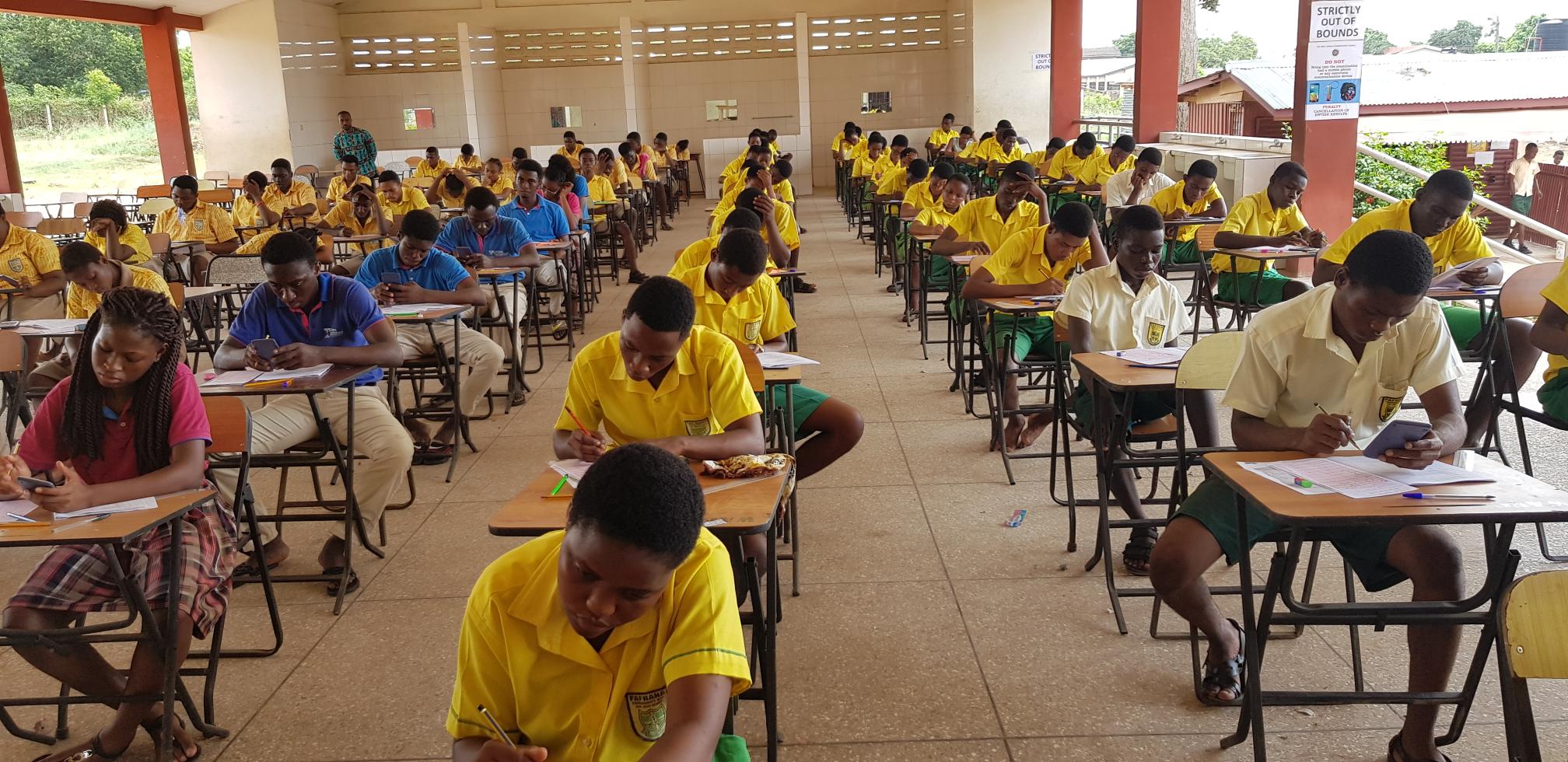As over 460,000 candidates across Ghana sit for the 2024 West African Senior School Certificate Examination (WASSCE), the West African Examinations Council (WAEC) has uncovered alarming attempts at mass cheating. This discovery has cast a shadow over the integrity of one of the most important academic assessments in the region, raising significant concerns about the future of education in Ghana.
The WASSCE is a critical milestone for students, determining their eligibility for tertiary education and shaping their future prospects. However, the revelation of widespread cheating attempts threatens to undermine the credibility of the examination process and, by extension, the qualifications awarded. This issue is not just about academic dishonesty—it reflects deeper systemic problems within the educational sector.
WAEC’s findings come at a time when trust in public institutions is already fragile. For many students, the WASSCE is a chance to demonstrate their capabilities and secure their future. But when the process is compromised, it not only devalues the efforts of those who play by the rules but also sends a dangerous message to society at large.
The root causes of this problem are complex and multifaceted. On one hand, there is immense pressure on students to perform well, driven by societal expectations and the competitive nature of tertiary admissions. On the other hand, the availability of technology and the internet has made it easier for unscrupulous individuals to attempt to game the system. This creates a perfect storm where the temptation to cheat becomes overwhelming for some.

Addressing this issue requires a holistic approach. Strengthening the integrity of the examination process is essential, but so is addressing the underlying factors that drive students to cheat. Educational reforms that focus on reducing pressure, providing adequate support for students, and promoting a culture of honesty and integrity are crucial. Moreover, stricter enforcement of anti-cheating measures and severe penalties for those caught engaging in such activities will serve as a deterrent.
In conclusion, while WAEC’s uncovering of mass cheating attempts is deeply concerning, it also presents an opportunity for reflection and reform. By tackling this issue head-on, Ghana can ensure that its educational system remains robust, fair, and capable of preparing the next generation for the challenges of the future.

